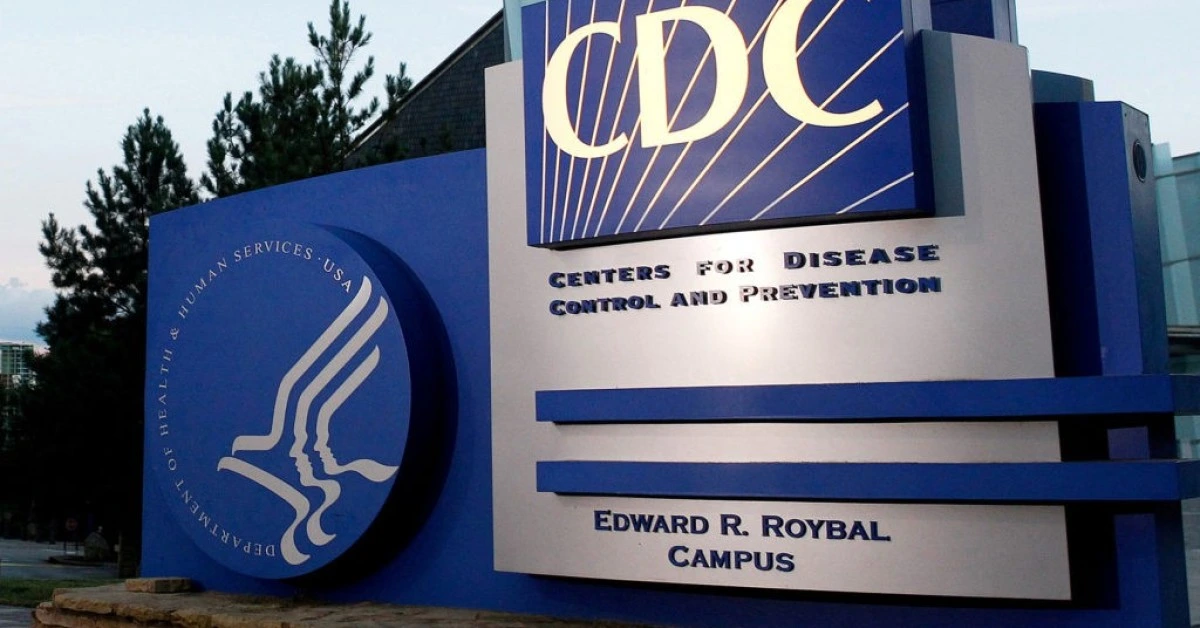
USA – The Trump administration has mandated the termination of approximately 1,300 probationary employees at the Centers for Disease Control and Prevention (CDC), constituting about 10% of the agency’s workforce.
This directive is part of a broader strategy to reduce the federal workforce by targeting employees still within their probationary periods.
The CDC’s leadership received notification of this decision on February 14, 2025, from the U.S. Department of Health and Human Services (HHS). Affected employees are slated to receive four weeks of paid administrative leave before their official departure.
The CDC, headquartered in Atlanta, is responsible for safeguarding public health against various threats, including disease outbreaks. Prior to these cuts, the agency employed around 13,000 individuals, with over 2,000 stationed internationally.
The workforce is predominantly composed of scientists, with 60% holding master’s degrees or doctorates.
Notably, probationary periods at the CDC apply not only to new hires but also to existing staff who have recently been promoted to managerial positions.
This reduction at the CDC is part of a larger initiative affecting multiple health agencies under the HHS umbrella. In total, approximately 5,200 probationary employees across the department are being dismissed.
The Food and Drug Administration (FDA) has also been impacted, with significant job cuts targeting probationary employees responsible for food safety, medical devices, and tobacco products.
These layoffs have raised concerns about the FDA’s capacity to effectively review and inspect various products and facilities.
The National Institutes of Health (NIH) is experiencing similar reductions, with 1,165 employees—about 6% of its staff—being laid off.
These employees will begin administrative leave before their official termination in four weeks.
This action is part of a comprehensive reorganization led by Health Secretary Robert F. Kennedy Jr., who has previously expressed intentions to overhaul federal health agencies.
Critics argue that these widespread layoffs could severely impair public health programs and diminish the nation’s ability to respond to health emergencies, such as disease outbreaks.
The reduction of probationary employees, many of whom bring fresh perspectives and technological expertise, may hinder the recruitment and retention of talent within these vital agencies.
The administration maintains that these measures are necessary to streamline operations and reduce bureaucracy within federal health agencies.
However, the long-term implications of these workforce reductions on public health infrastructure and emergency preparedness remain a subject of intense debate among policymakers and health experts.
XRP HEALTHCARE L.L.C | License Number: 2312867.01 | Dubai | © Copyright 2025 | All Rights Reserved